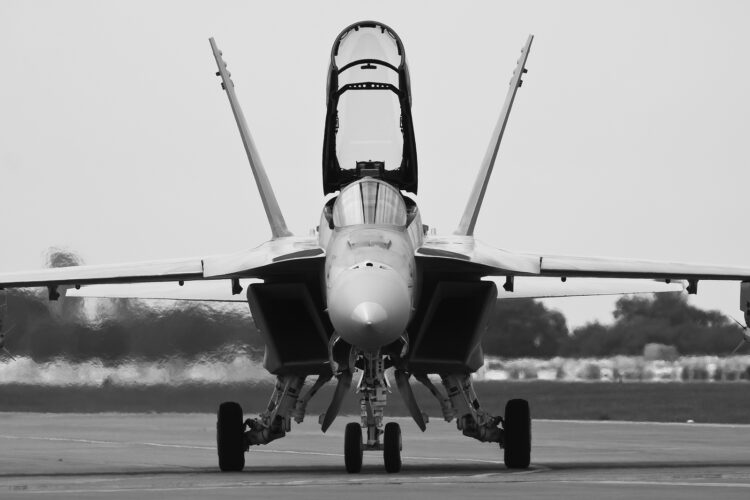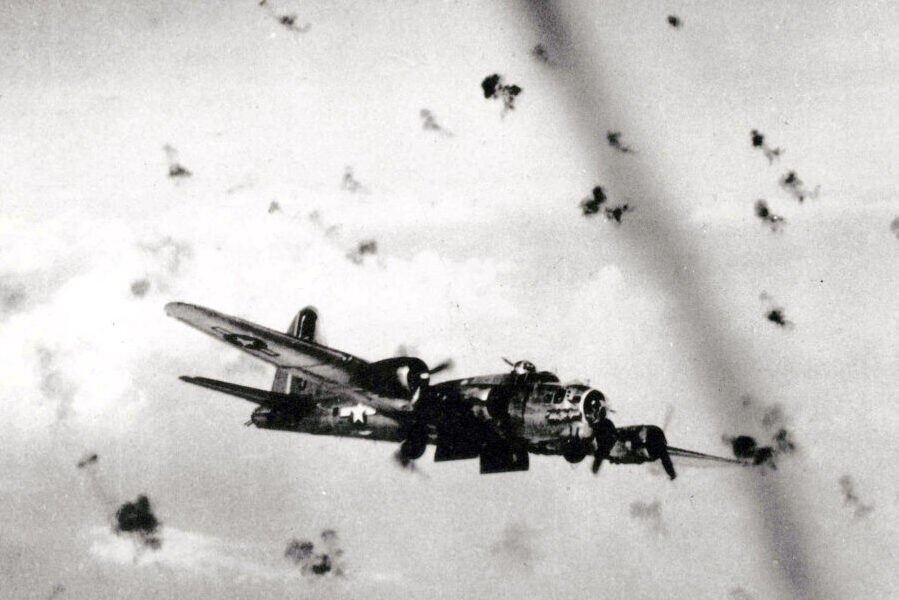VA Disability FAA Medical Certification – If you have ever served in the military, you have encountered the DOD/VA disability evaluation process or will do so at the end of your active duty service. There are significant financial benefits for those who navigate the system well and retain the capacity for gainful employment. For pilots, some pitfalls can result in lengthy employment gaps and missed opportunities.
Timing your claim
Filing a claim between 180 and 90 days before your military separation has significant advantages [1]. The Benefits Delivery at Discharge (BDD) process gives your claim head-of-the-line processing privileges and lets you start receiving benefits shortly after receiving your DD214.
Post-discharge claims are processed in the order they are received. No priority is given to those who recently transitioned from active duty service. Your benefits will be back-dated to whenever you filed your claim or declared your intent to file, but your claim will take some time to process. Six to twelve months is common.
If you file your claim on active duty with less than 90 days from separation, it will be handled as a post-discharge claim.
Standard claims
There are two types of claim submissions: standard claims and fully developed claims [2].
Standard claims are the easiest to prepare. You can do it yourself or with often free assistance from a Veteran Service Organization (VSO). Fundamentally, all you need to do is submit a list of conditions you would like to claim and your military medical records.
The VA will review your claim. If your medical records do not support disability ratings, the VA will schedule a series of Compensation and Pension (C&P) exams to “develop” your claim. C&P exams can be conducted directly by the VA or by contracted examiners who are often paid by the complexity of their exams. VA reviews and C&P examiners can also add conditions to your claim that you may have neglected.
That compensation structure, in addition to the extremely low bar the VA sets for awarding disability, incentivizes very long claim lists. Veterans list every ailment they can think of, provide every medical record they have, and detail every ache, pain, or bad dream during their C&P exams. The VA often rewards those efforts with very high percentage disability ratings.
We call the standard claim “throwing spaghetti at the wall to see what sticks.” Standards claims are often not ideal for pilots.
Fully developed claims
Fully developed claims are more difficult to prepare. Your military medical record often will not substantiate many conditions you may be entitled to. With the standard process, C&P exams are used to fill in the gaps.
With a fully developed claim, you assume that responsibility. If the records you submit do not establish a condition you claim, the VA will not “develop” your claim any further. They just deny your claim for that condition.
Preparing a good fully developed claim requires a thorough knowledge of 38 CFR and the VA rating system. Because of that, very few doctors, lawyers, VSOs, or others will assist with a fully developed claim for free.
The risk of filing a fully developed claim is the associated cost and the potential that you may not receive initial disability ratings for some conditions you may be entitled to.
The benefit is that your claim will be adjudicated much faster than a standard one and you will generally not be awarded disability ratings for conditions you did not claim from the outset.
Defining disability
A VA disability has a certain set of requirements. It must:
- be a “current illness or injury that affects your mind or body” and “you have served on active duty, active duty for training, or inactive duty training.”
- have occurred while serving in the military or were pre-existing, but were made significantly worse by your time in the military.
- it may also be related to your active duty, but not manifest until later. [2]
Based on that definition, you cannot have a new VA disability rating for an old problem. When you receive a new disability rating, it is a statement by the VA that you have an ongoing medical issue that was present at the time of the award.
Claim what you have. Don’t claim what you don’t.
Many pilots wait months for their FAA medical certification because of issues related to their VA disabilities. Mental health conditions deserve special mention and illustrate a common challenge well.
Too often, we hear pilots ask about whether or not to claim a mental health diagnosis on their VA claim. Moreover, no one chooses a mental health condition. They are as real and often more debilitating than a heart attack.
Conditions like PTSD, depression, and anxiety are also extremely common in the military and veteran community. Because of that, the DOD and VA have deliberately made it very easy to qualify for life-long treatment for those conditions. If you report them on your VA disability claim, they will most likely appear as rated conditions.
Make no mistake: you can qualify for FAA medical certification with well-controlled or resolved PTSD, depression, anxiety, and other conditions. If you suffer from a mental health condition at any point in your life, get treated and get better. Once you do that, you will have everything you need to substantiate your VA disability claim and satisfy the FAA.
Conversely, be very cautious about claiming a condition that was never significant enough to warrant treatment. Above, all remember, to the FAA, a new VA rating indicates a current problem. No one would report a heart attack on their medical certificate application without expecting to show it was treated appropriately. Do not expect the FAA to treat PTSD differently.
VA disability claims for pilots
Very few people understand the VA disability claims process and the FAA medical certification process well. We do.
Our core service is helping pilots with medical issues to successfully navigate the FAA medical certification process as quickly as possible. As professional pilots with dedicated training in aerospace medicine and extensive experience with complex FAA medical certification, no one does that better.
Challenges transitioning from active duty service
Military pilots face another significant challenge as they transition from active duty service: claiming the VA benefits they are entitled to while maintaining a 1st class FAA medical certificate. We can help you do both.
If you have any questions about how VA disabilities or other medical conditions will be considered by the FAA, schedule a consultation to discuss your situation for free.
References
[1] “Eligibility for VA disability benefits,” Veterans Affairs, Oct. 18, 2022. https://www.va.gov/disability/eligibility/ (accessed Nov. 19, 2022).
[2] “Types of VA disability claims and when to file,” Veterans Affairs, Oct. 12, 2022. https://www.va.gov/disability/how-to-file-claim/when-to-file/ (accessed Nov. 19, 2022).





